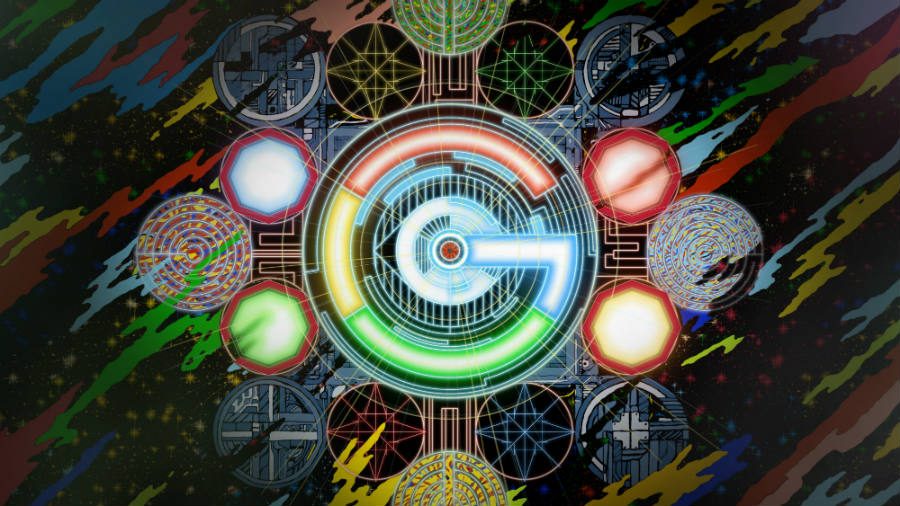Google I/O 2017 wrapped up last Friday and both developers and end users got lot of surprises. We saw the tech giant introduce new services like Google Lens, and preview others like Android O. At the center of it all, however, there was always Artificial Intelligence.
During his opening address at the developers’ conference, CEO Sundar Pichai outlined how the company was shifting from a mobile-first approach to an AI-first perspective. This change has led executives to adjust their focus, and it has resulted in a machine learning coating across the whole ecosystem.
Much has been said about the spearheading Google Assistant and its ever-smarter capabilities, but the Mountain View-based firm is going beyond consumer-oriented solutions to apply AI in ways that help solve some of the humanity’s biggest problems. Here are two announcements that went unnoticed at I/O.
Artificial Intelligence can screen for breast cancer better than doctors
Somewhere in between the myriad announcements powered by machine learning, Pichai talked about Google.ai a platform where the company’s tools, research, and applied AI projects are centralized.
If that rings a bell, it might be because the tech giant has similar Experiments repositories, which include Chrome, Android, WebVR, and of course, AI Experiments. This time over the effort seems to be more concrete rather than playthings for your browser.
For instance, Google’s CEO talked about how their machine learning models were able to detect breast cancer and potential cancerous formations with 89 percent accuracy beating the 73 percent accuracy of human doctors.
There is a wide field of potential applications for the TPU-powered engines at Google, which recently upgraded to the next generation in connection with the Cloud Platform. Sundar Pichai also attributed their non-invasive, blood sugar monitoring contacts project to AI-related research.
Google is also giving geneticists a powerful tool with machine learning
Reaching even further out the field of medicine, Google’s artificial intelligence efforts have touched on DNA sequencing. Genetic models powered by AI could not only help detect and prevent diseases but also solve puzzles inherent to the human organism that scientists have yet to track with existing technology.
Some chemistry research closely related to this field tackles issues at the molecular level, studying and predicting the properties of molecules and their behaviors.
Material scientists could greatly benefit from machine learning initiatives like these, which could be used to test and develop new elements. They, in turn, could solve problems in most industries where material scarcity or instability pose a problem, like energy or food.
Google’s AI-first approach has proven attractive and useful to end users and consumers, but in the grand scheme of things, it is things like these that exploit the benefits of groundbreaking technology.
Source: Google


